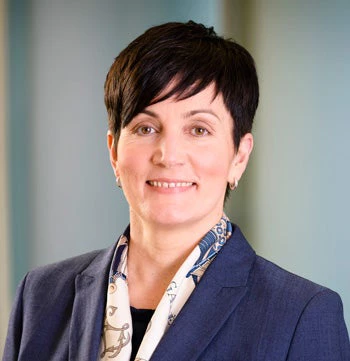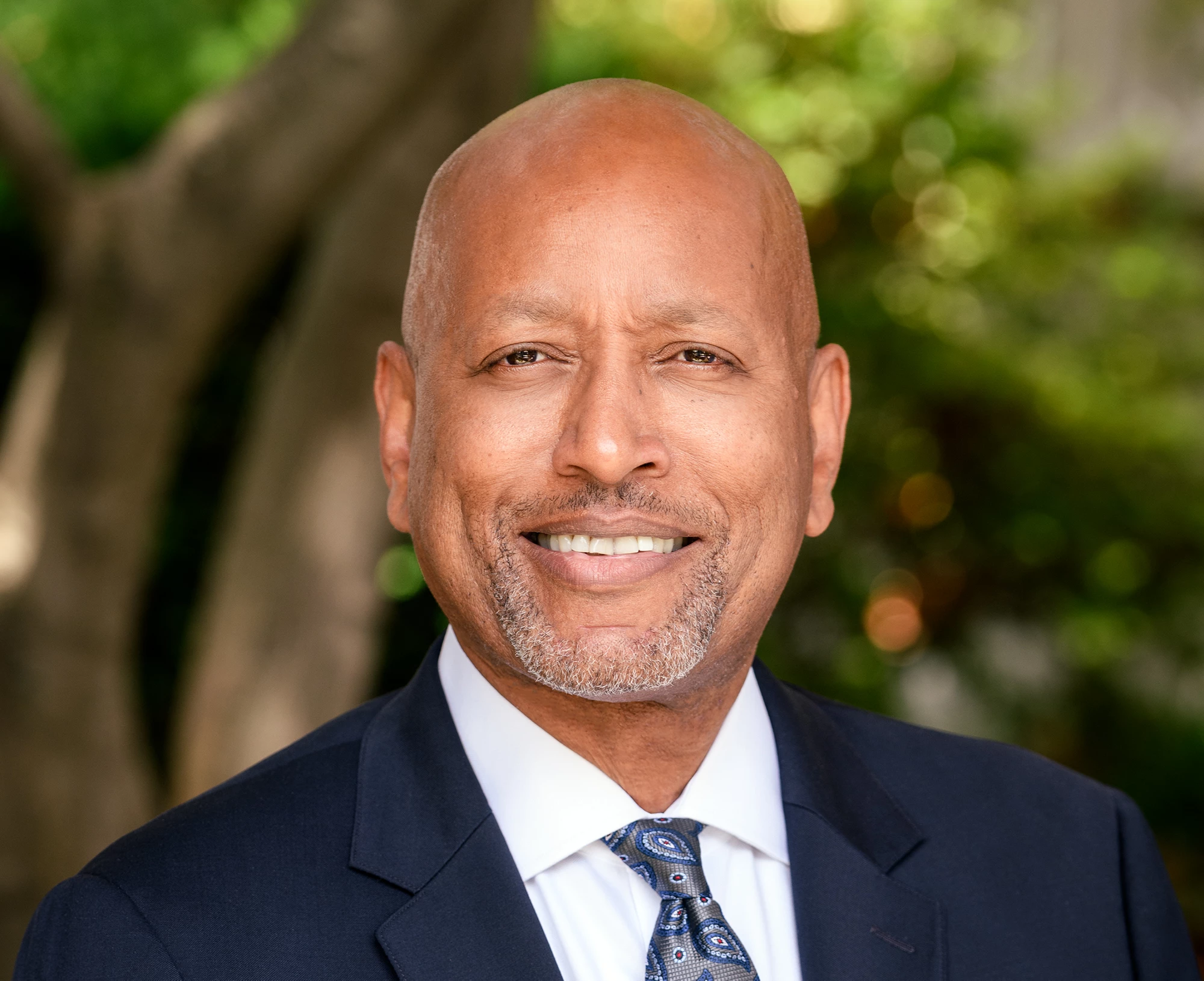 A female brigadier in Haiti. Photo credit: World Bank Group
A female brigadier in Haiti. Photo credit: World Bank Group
Recently, we invited you to join a conversation on the World Bank Group’s forthcoming Climate Change Action Plan. In our blog, we published a slide deck we had shared with our Board of Executive Directors who represent the world’s nations. Our presentation described the need to integrate climate goals with development, decarbonize key sectors of the economy, and why action on climate must be swift and global. It also outlined how we intend to support countries to address climate change putting people at the center, ensuring job creation, inclusiveness and a just transition.
After we shared the presentation on our blog, we received over 500 comments from individuals and organizations.
"We are thankful to everyone around the world who spent the time to share their thoughts with us in multiple languages. You raised important concerns, including the fact that the poorest people least responsible for climate change are often the most severely affected by it."
A number of commenters highlighted the very real impacts of climate change, like floods, that they’re already seeing and how these more frequent and intense events are affecting the poorest people. We know from our research that the vast majority of the world’s flood-exposed people – 89% – live in low- and middle-income countries.
Indeed our estimation shows that if unaddressed, climate change could drive an additional 132 million people into poverty by 2030. This is one of the many reasons countries, companies and institutions like ours are being called upon to ramp up their climate ambition and it’s why our new Climate Change Action Plan will commit us – already the largest multilateral financier of climate action in developing countries – to do even more.
Many of you asked us to be clearer about how we will prioritize climate adaptation, given that so many people around the world are already being severely impacted. We have announced that at least 50 percent of World Bank climate finance will support adaptation and resilience building. That’s important but we don’t stop at finance alone. We are working with countries on a “whole-of-government” approach so that adaptation is no longer seen as an isolated investment. Rather, the goal is to factor climate risks into all budgeting and planning, helping line ministries to integrate resilience measures into investment planning and delivery.
Your emails and comments also emphasized the need to accelerate protection of the natural world – forests, ecosystems and biodiversity. Many people want more action on this front, and we hear you. Nature-based solutions will play a key role in both absorbing carbon dioxide and building environmental resilience to storm surges, floods and droughts. Many of our projects already do this - including by investing in coastal and urban wetlands, forests, coral reefs, and mangroves – and we are set to do a lot more.
Others called on us to do more on renewable energy and speed up countries’ efforts to decarbonize their economies. In the energy sector, we are investing heavily in renewables while also supporting countries with the huge challenge of transitioning out of coal and other fossil fuels and finding alternative jobs for people as economies decarbonize. We have not financed a new coal-fired power plant since 2010, we have no active coal-fired power generation in our pipeline and we ceased to finance upstream oil and gas in 2019. And in our new Action Plan we have committed to aligning our financing with the objectives of the Paris Agreement. Other sectors where we are ramping up our focus include energy, transport, manufacturing, cities, as well as agriculture, food, water and land use - which account for the majority of global emissions, face significant climate vulnerabilities and are also key for development.
Supporting countries to transition these sectors to greater levels of sustainability will take huge financial resources – well beyond what the World Bank Group alone can provide. That means mobilizing increased resources from the private sector, including by improving the enabling environment for investment and engaging with traditional investors to encourage new sources of commercial finance for climate action at the country level. We are also working to “green” the financial sector through a range of policy reforms that will catalyze sources of new finance for low-carbon and more sustainable investments.
Over the last five years, we made a significant effort to integrate our climate work into development. Through our NDC Support Facility, our teams have worked closely with governments to achieve their NDCs. Climate change considerations have been taken into account in our projects and strategies. New diagnostic tools – like the Country Climate and Development Reports – are going to push us to further advance these efforts. And we expect our climate finance over the next five years to be a big step up from the $83 billion we invested during the first Climate Change Action Plan (2016-2020) not only because our overall lending is likely to go up but also because of our new 35% climate finance target.
While this is only a brief response to the hundreds of comments, emails and ideas, we want to say again: thank you for your valuable inputs. It is heartening that so many of you – young people, businesses, innovators, and civil society groups – are ready to get involved whether by driving system change or through individual actions like planting trees and educating others.
"Climate change is the defining issue of our generation. After a year like no other, we have a chance to build a more sustainable, resilient and inclusive world for all."
It will take a collective and global effort to achieve this goal. We are looking forward to ramping up action through our new Climate Change Action Plan. Stay tuned.




Join the Conversation